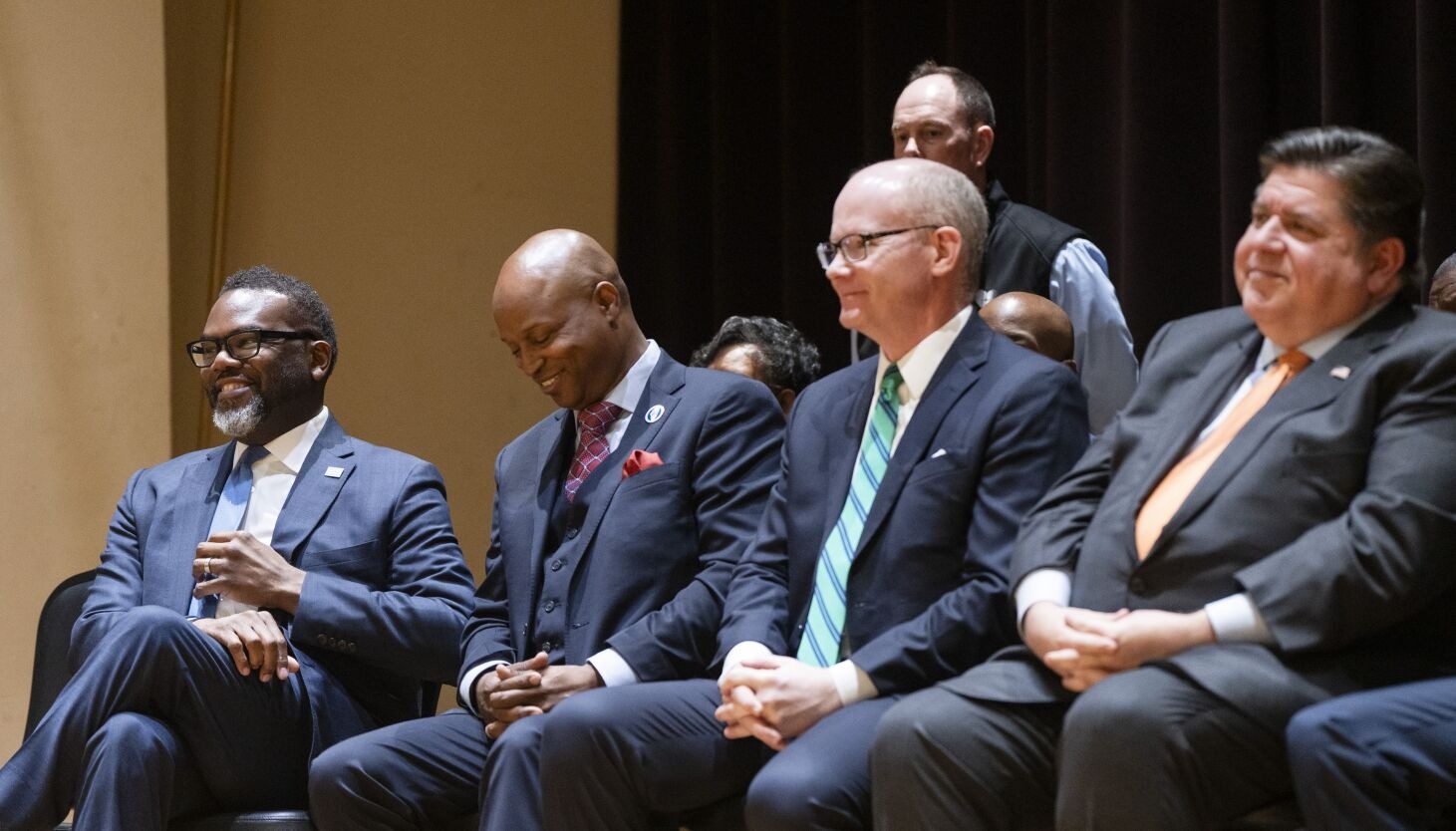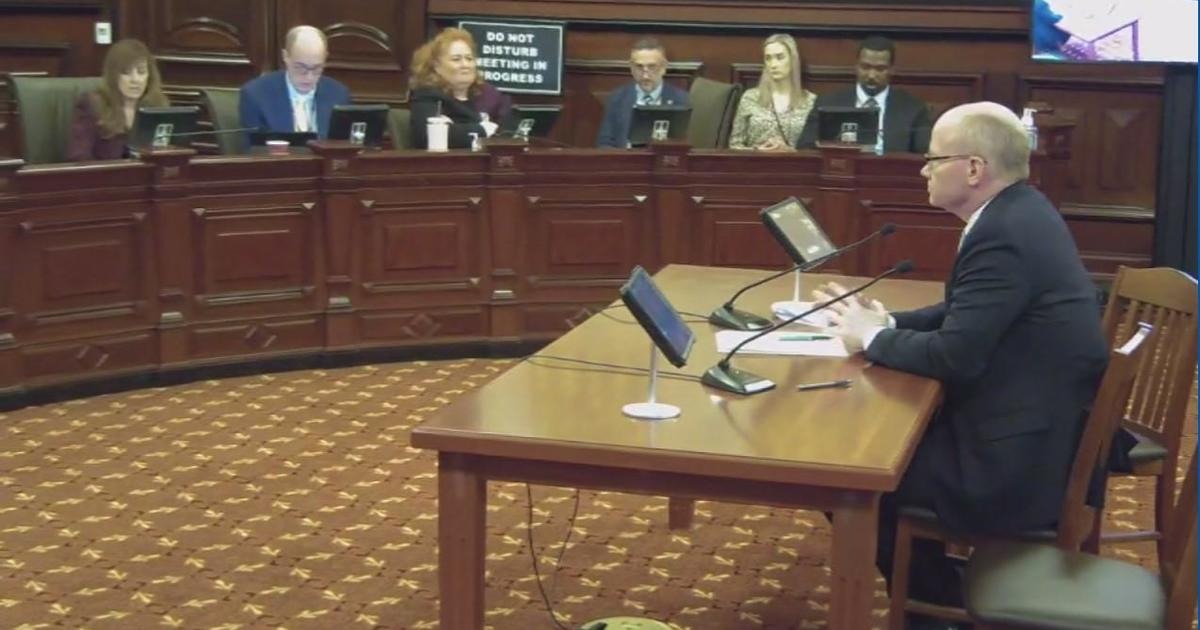In a move that has been described as a lukewarm stamp of approval, the Illinois Senate passed a measure allowing the election of only 10 out of 21 school board members in Chicago this November.
This plan, backed by Mayor Brandon Johnson and the Chicago Teachers Union (CTU), was approved with a vote of 37-20, following the mayor’s urging of state Senate President Don Harmon to support an election for 10 seats this year.
Under this plan, the mayor would retain the authority to appoint the remaining 11 members, and with Mayor Johnson’s term nearly complete, this arrangement would effectively leave him in control of Chicago Public Schools until the end of his term.

llinois Senate Support and Chicago Teachers Union (Credits: Chicago Sun-Times)
The first elected board members would serve four-year terms, and voters would have the opportunity to choose who should fill the appointed seats in 2026, creating a fully elected board by January 2027.
This structure mirrors the original 2021 legislation that established the elected board for the city, resolving a debate that resurfaced last fall with competing proposals in the Senate and House.
State Sen. Robert Martwick, D-Chicago, advocated for the bill’s passage despite divisions within the Senate. He emphasized that this passage marks the beginning of school board elections and allows for “implementation.”
Senate President Harmon described the bill as a “compromise,” acknowledging that it is not perfect but emphasizing the need for action. He noted that doing nothing was not an option and highlighted the bill’s ethics provisions, including eligibility criteria for board members, which he had requested last year.
However, several opponents raised concerns during the committee hearing, with 36th Ward Ald. Gilbert “Gil” Villegas criticized the process as being led by the CTU Political Action Committee (PAC) behind closed doors.
Villegas suggested that the bill’s provisions, such as the number of signatures required to run for a school board seat, would benefit groups like the CTU PAC and charter organizations, which have the infrastructure to collect signatures.
Kids First Chicago, a business-supported education advocacy nonprofit, expressed reservations about the Senate version of the bill, particularly regarding the election map’s potential underrepresentation of Black and Latino families.
The organization also called for non-citizens to be allowed to vote and serve on the board, campaign finance caps, and compensation for board members. The Illinois House must still approve the measure for it to become law. The CTU declined to comment on the legislation.























